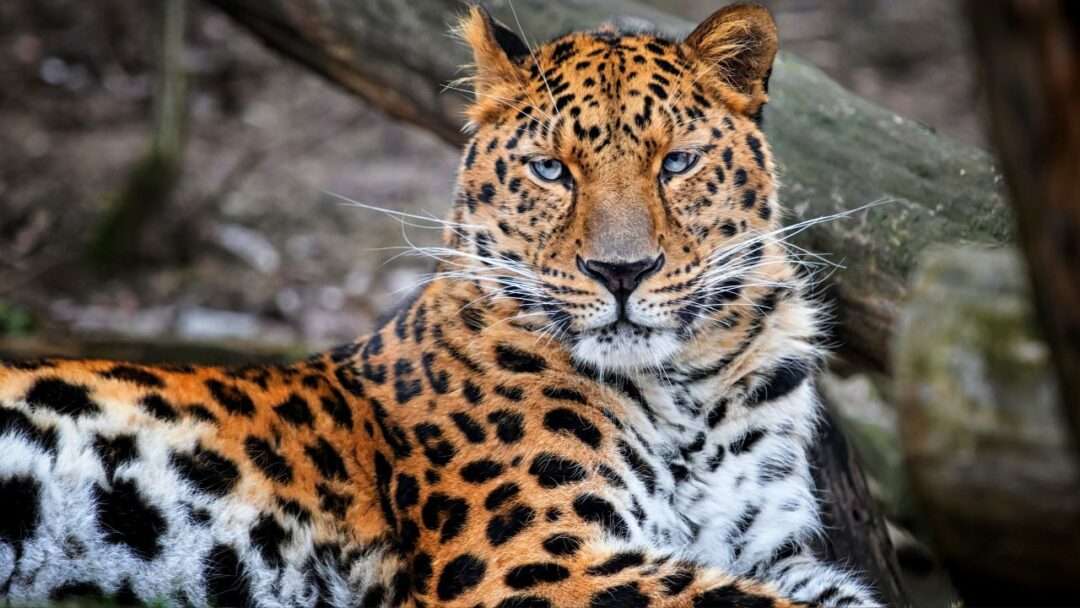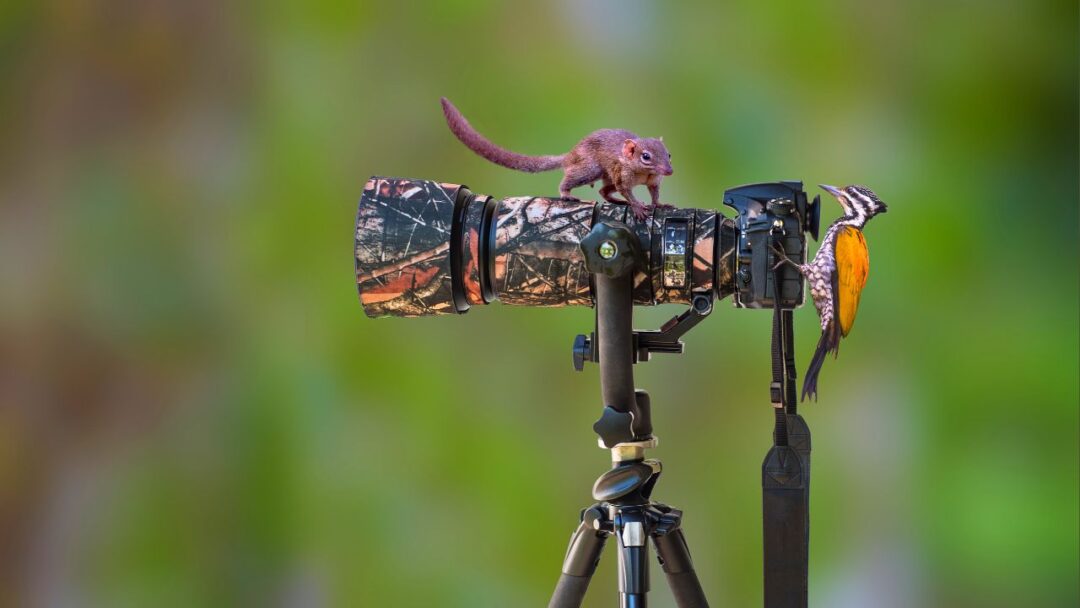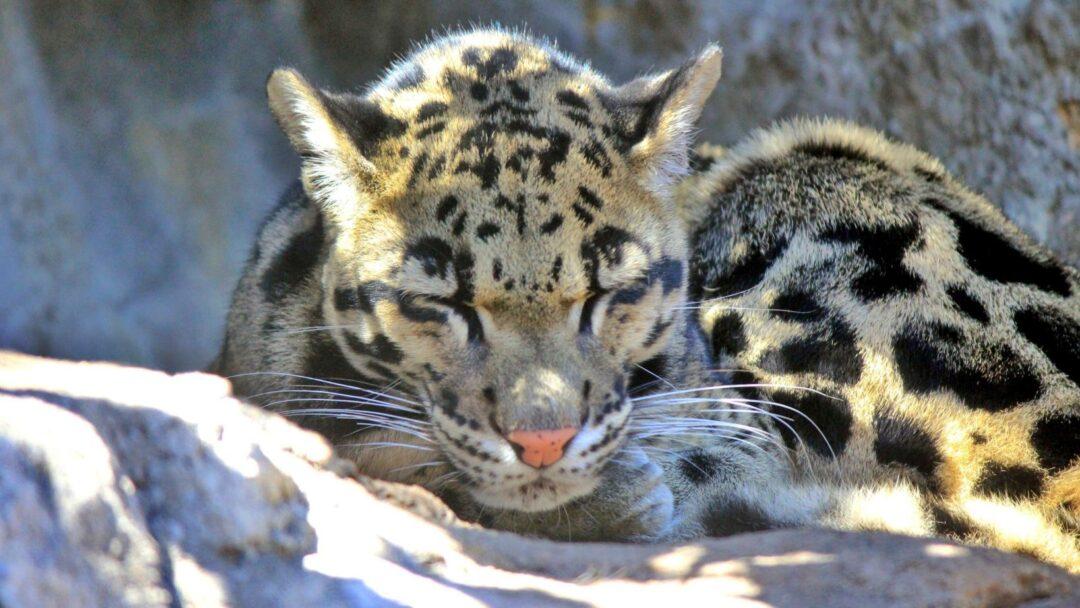
DALLAS Nova, a 25-pound clouded leopard, was the first to get away from her after discovering a strange gap in her fence. Then there was Pin, a critically endangered lappet-faced vulture that was discovered fatally and purposefully injured in his enclosure. Finally, despite increased security measures, two emperor tamarin monkeys were kidnapped and eventually found.
The perpetrators of these recent acts of sabotage and their motivations are unclear, but the consequences—such as the extinction of a rare species—are grave.
The Dallas Zoo’s vice president of communications, Kari Streiber, stated in an email on February 1 that “Words cannot explain the frustration our staff is feeling.”
According to zoo president Gregg Hudson, there are already 100 cameras on the 106-acre site of the Dallas Zoo that keep an eye on the visitors, employees, and exhibit areas. The zoo has increased the capability of its cameras since the occurrences started and put in portable solar tower units to keep the grounds well-lit. Overnight hours have seen a rise in security and staff activity.
Although our security programme has previously been effective, it is now clear that we need to make considerable modifications, according to Streiber.
According to her, the zoo has also conferred with security professionals to devise new plans for securing its habitats.
But even with the best security, Rob Vernon, vice president of communications at the Association of Zoos & Aquariums, asserts that if someone is driven to hurt animals, “they will find a way.”
The zoo, according to Vernon, is not at fault for the illegal interference with animal habitats since they have “followed their processes and worked closely with law enforcement since the first occurrence.”
These current difficulties are not exclusive to the Dallas Zoo. Vandals went into Zoosiana, a zoo in Broussard, Louisiana, earlier this week and took 12 squirrel monkeys; they are still missing. There is an investigation going on.
According to Charly Seale, executive director of the Exotic Species Association, a Texas-based charity that assists owners of exotic wildlife, such illicit acts can be dangerous for both people and the animals.
Anyone trying to release any kind of animal from a zoo, like the Dallas Zoo, could endanger the public by causing severe physical harm or even death, according to Seale. “These animals have never lived in the wild.”
devastating loss
The Dallas Zoo tweeted on January 31 that it was “thrilled beyond belief” that its two tamarins, Bella and Finn, had been discovered inside a vacant home in a nearby city unharmed but underweight. A man whose picture was provided by the Dallas Police Department is wanted for questioning in regard to the primates’ initial disappearance.
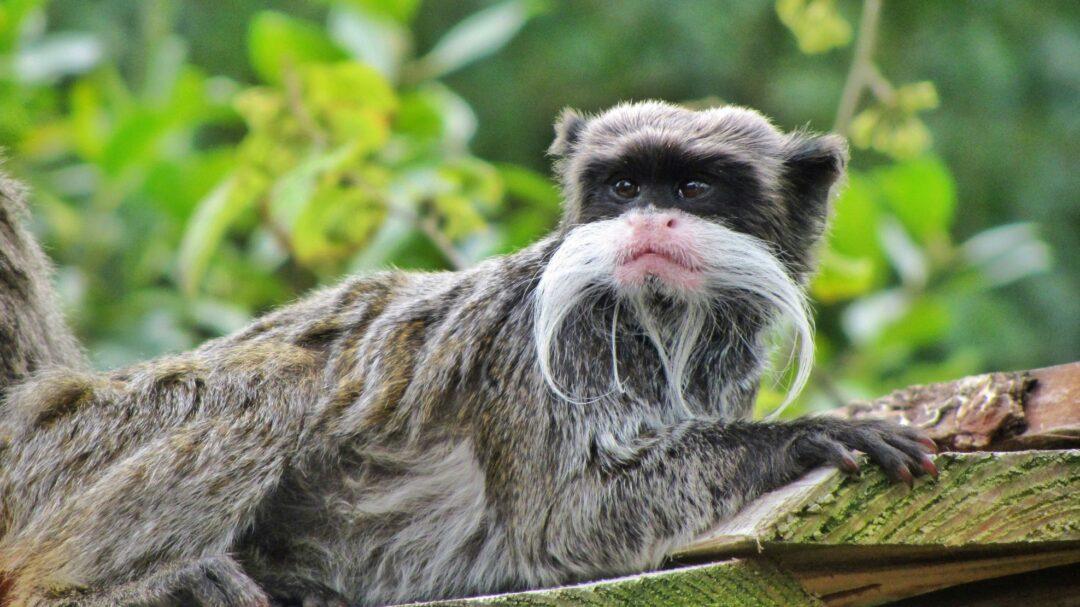
The clouded leopard, named Nova, was found on zoo premises on January 13, the same day she went missing. She is currently back on display.
But the loss of Pin, a 35-year-old bird that had spent more than three decades living at the zoo, on January 21 was especially sad for the zoo employees. (Find out more about vultures and how they affect the ecology.)
According to an autopsy performed by the zoo, the bird had been murdered, Hudson said at the press conference on January 23.
There are around 6,500 lappet-faced vultures left in the world, according to the International Union for Conservation of Nature. Due to unintentional poisoning, human nest predation, and a lack of food, they are dwindling in their native African habitat. Kenya, for example, has a large number of die after they ingest animals killed with pesticides.
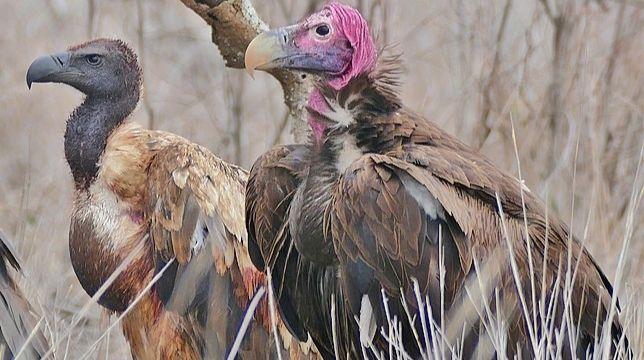
Due to the rarity of the species, the zoo, Dallas police, and U.S. Fish and Wildlife Service launched an investigation, offering a $25,000 reward to anyone with information about the bird’s passing.
No matter the number, losing an endangered species is a big loss, according to Vernon.
He continues, “All zoos will learn from what happened in Dallas.” “They will endeavour to stop these acts from happening again by making improvements and repairing what was vandalised.”

